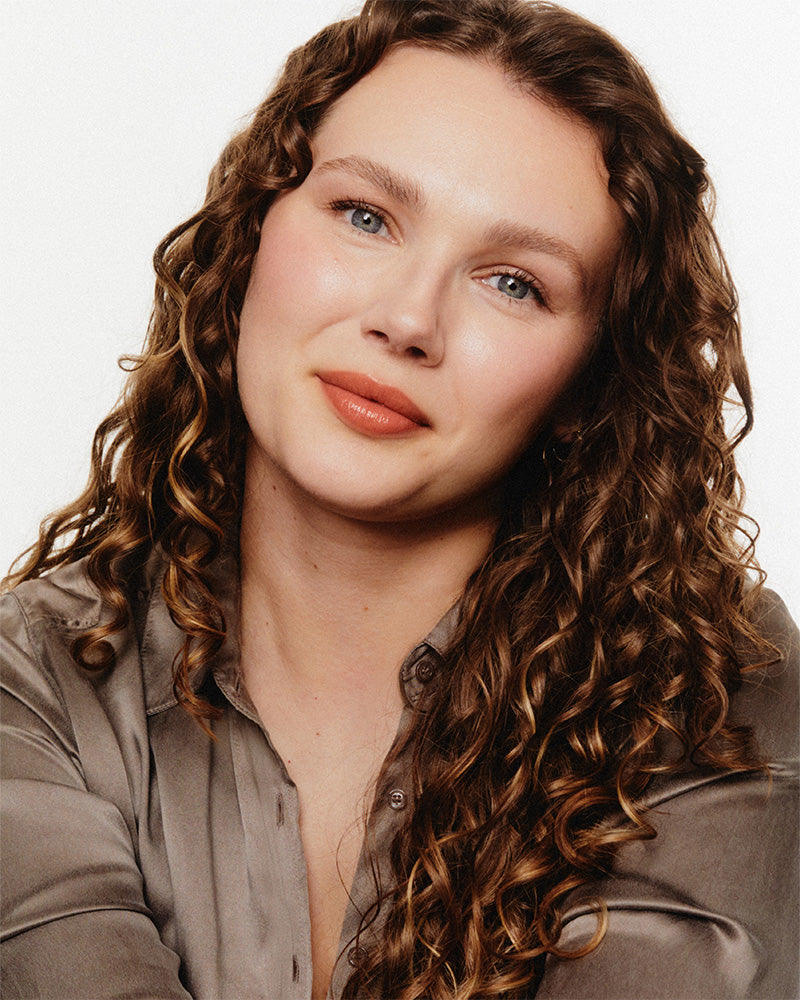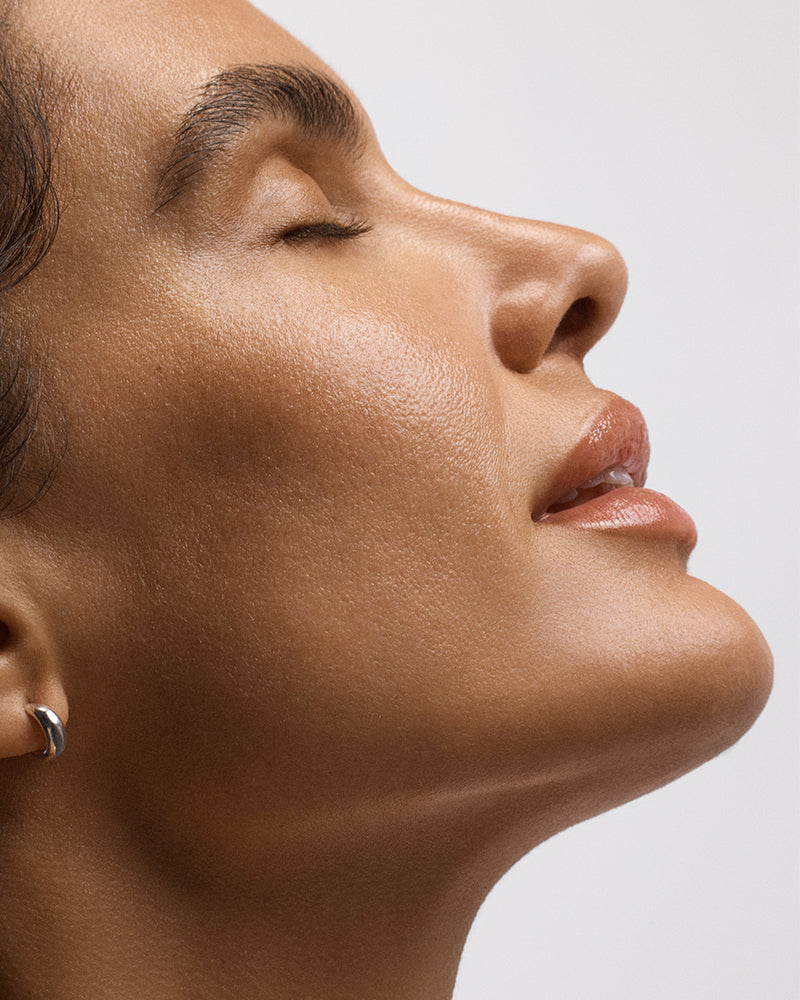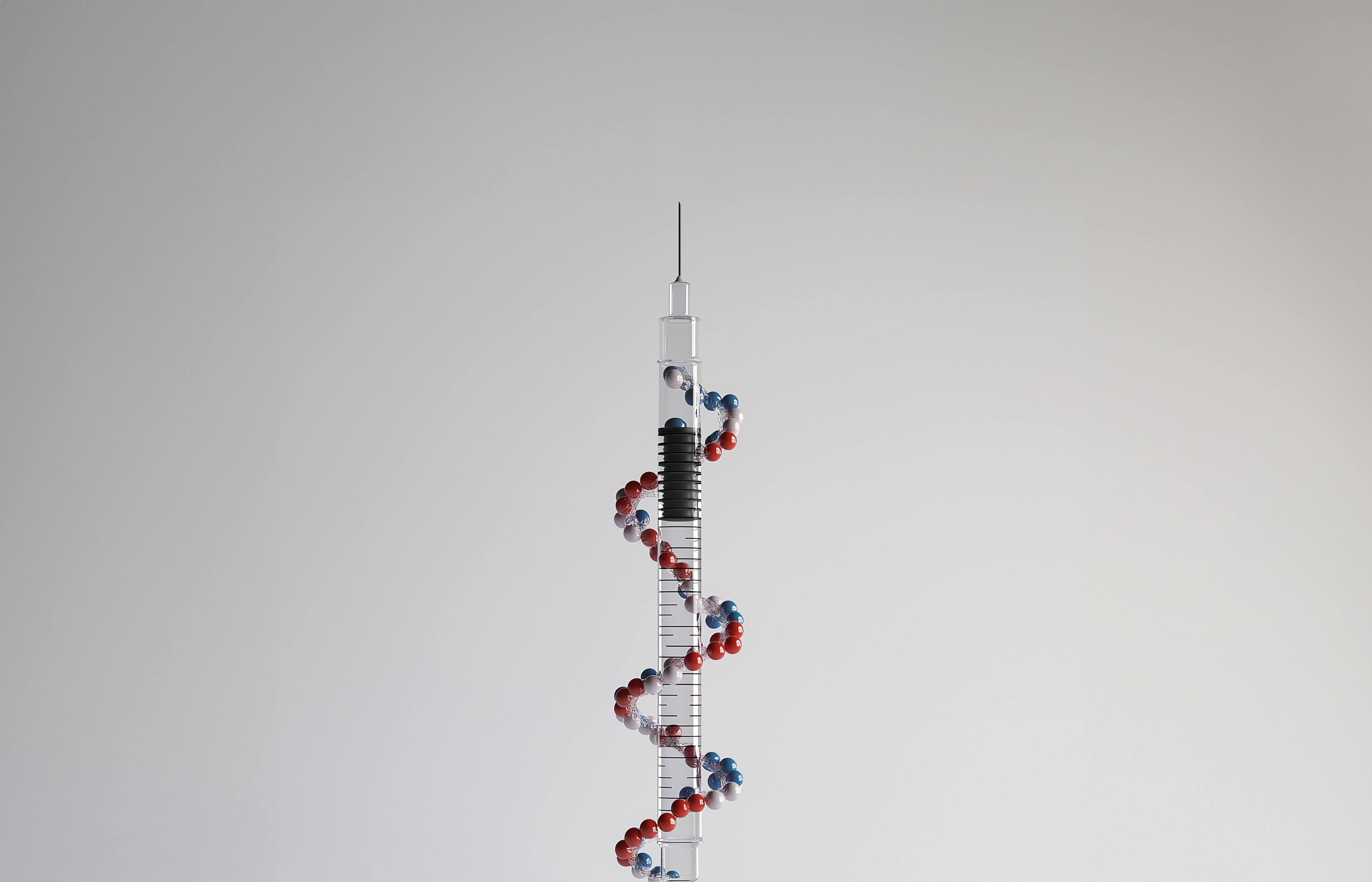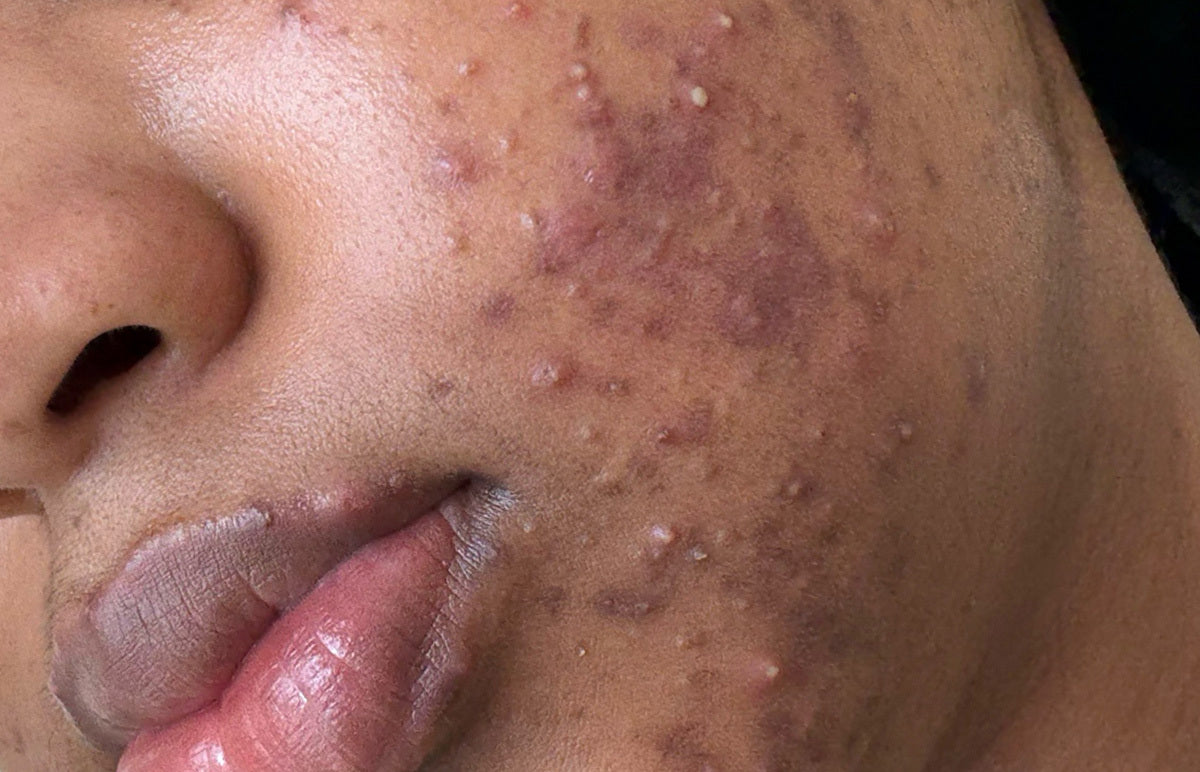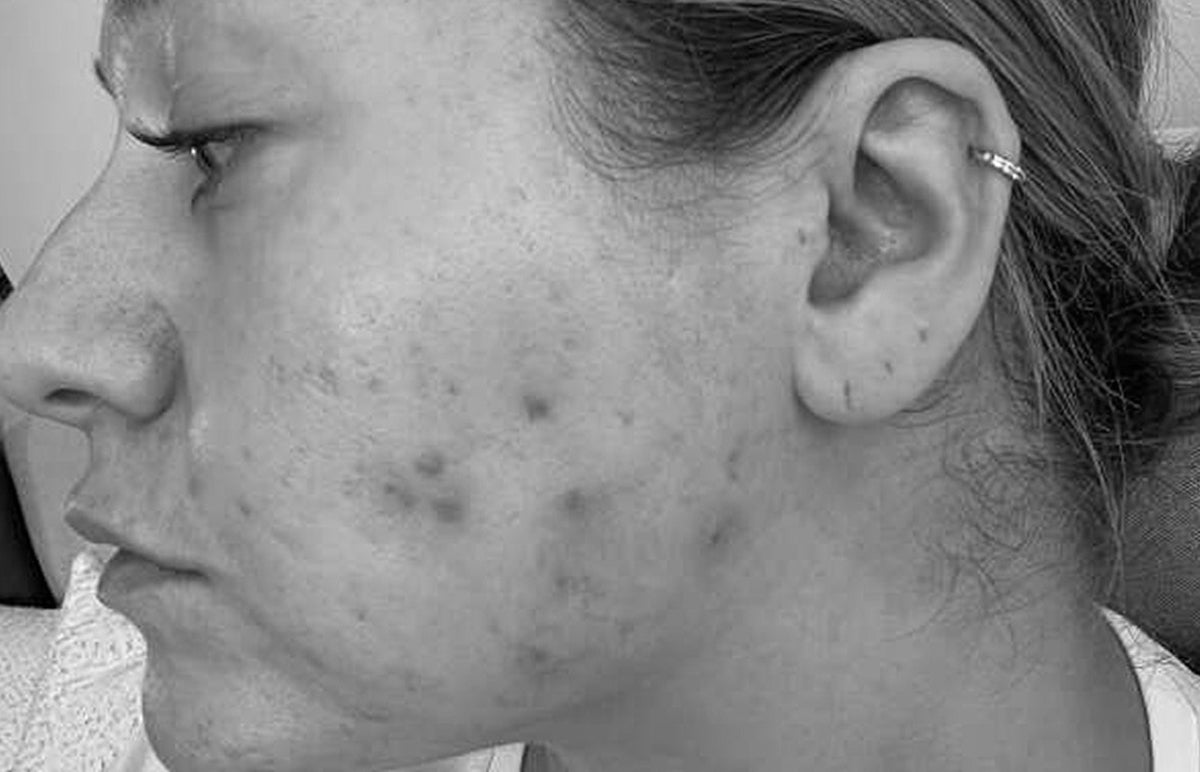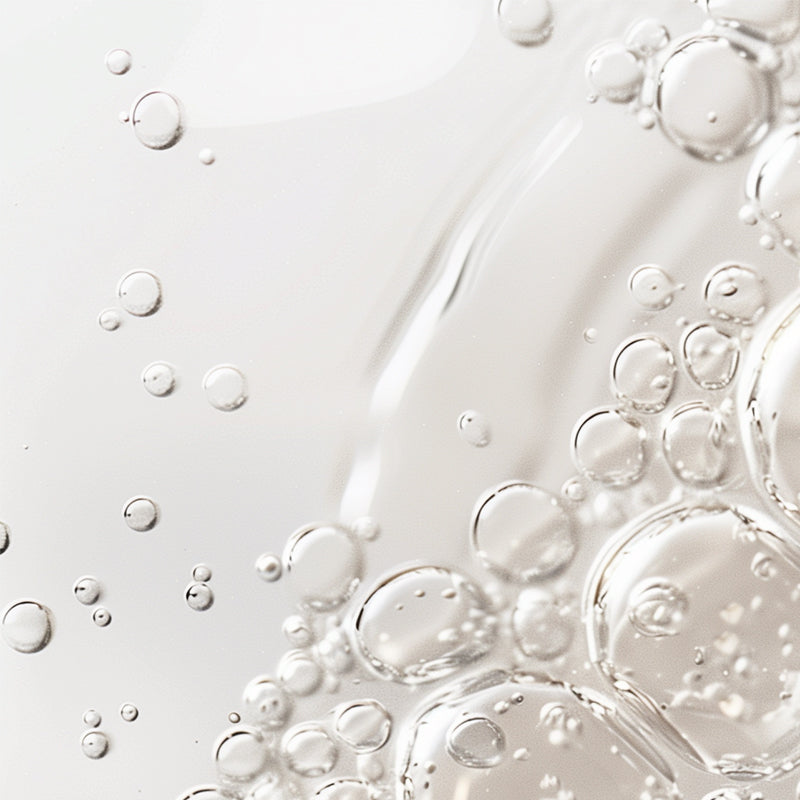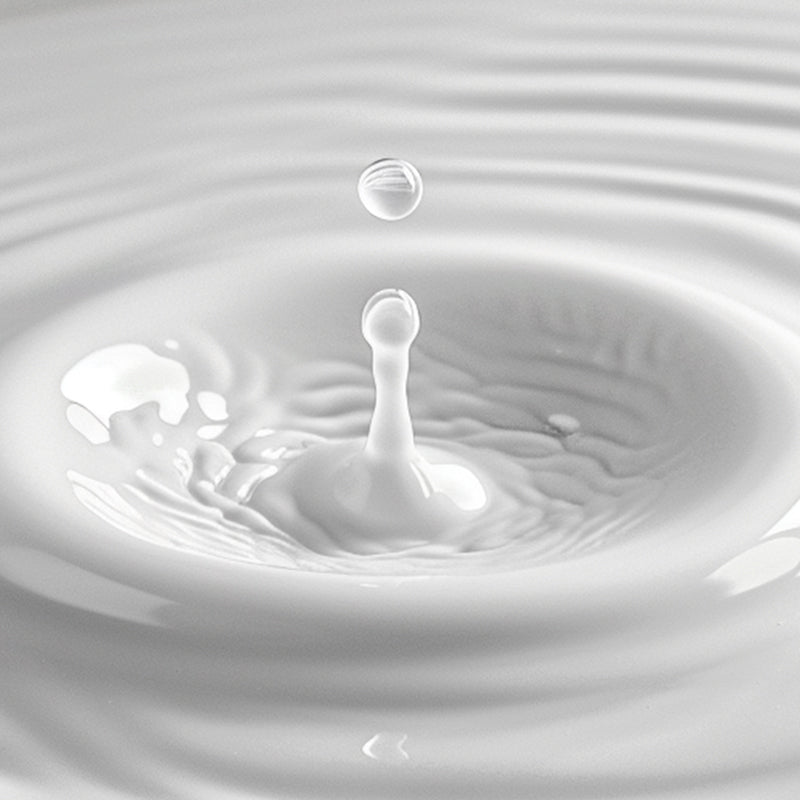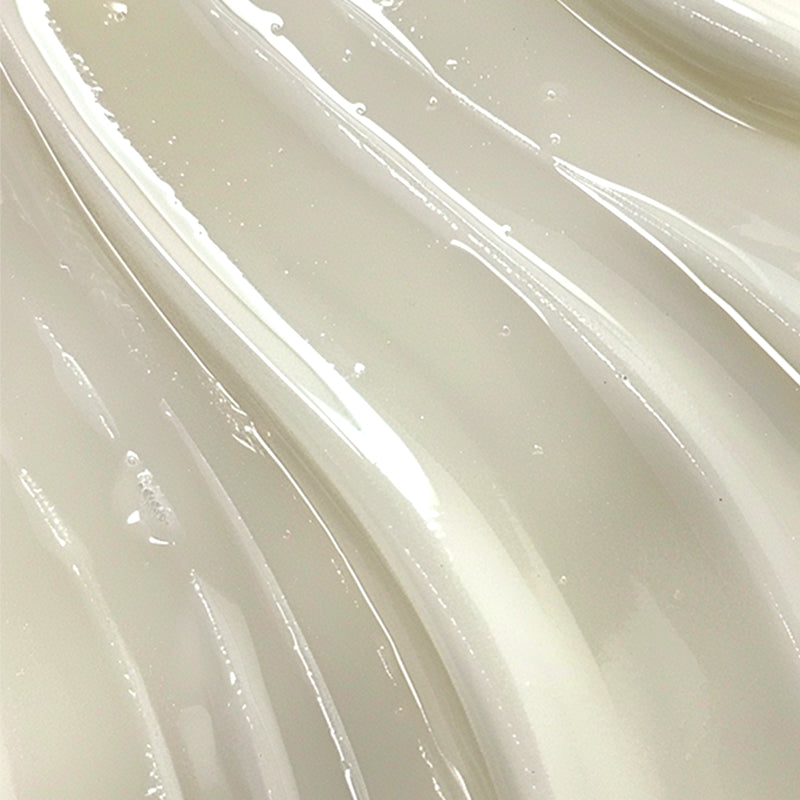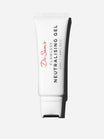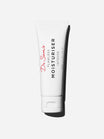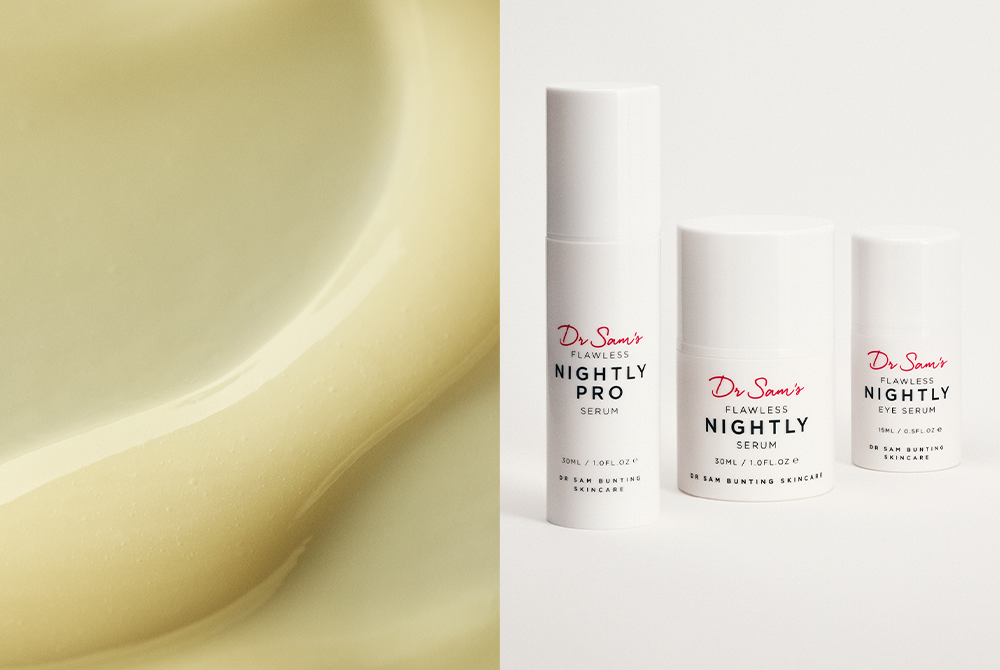I feel I could post content on retinoids every week.
It’s THAT big a topic. And more importantly, it’s THAT crucial.
So when I was inundated with questions to last week’s video I thought it a good opportunity to do a follow-up post, because there are still so many myths and friction points that get in the way of you engaging with your retinoid habit.. Retinoids are the most researched skincare ingredient we have because of their long and successful track record treating acne; did you know that their anti-ageing benefits are actually a rather nice ‘side-effect’?
But it is a challenging time of year for retinoid use.
Believe me, I've been there at the beginning, with the red, sore face, the crispy bits, and even purging from the acne. I've been red, and I've been unhappy in my retinoid use. But let me tell you, when you nail it, when you find those little tweaks, those little habits that just make it all seamless and easy, you really reap the rewards. So today's questions will hopefully answer some of your reservations and help you get on track. And when I think about why my retinoid it’s such an important part of my skincare routine as it really does affect the way I feel about my skin. The power to transform the skin is that profound. But not only that, you get to do the retinoid step at night, which basically means you can have a very minimalistic approach to your skincare routine in the morning. Even if I’ve had less good quality sleep, or less hours sleep than usual, it will help me fake it! So that's what a retinoid offers me in terms of skin confidence.
Now, let's tackle some of those really burning questions!
1) Will buffering tretinoin with moisturizer reduce it efficacy?
Well, in a way, what you want is a bit of reduction in potency to increase tolerability. That's the reason for buffering in the first place. But let me assure you, from more than a decade’s experience fine-tuning patients’ retinoid use, it won't stop it from working; it really will just reduce it to a tolerable level, so that you can engage with that daily habit. And I think that's what's really key. Buffering with moisturizer really does facilitate daily use of your retinoid, and that's when the magic happens.
2) How do I treat retinoid dermatitis on the neck?
Now this is so common, and I can't even begin to count the number of times I've experienced retinoid dermatitis on the neck. The skin gets red, and a bit sore, itchy, and rough, and you just know you've overdone it. I think almost everyone needs to dial down the strength of the retinoid that they would use on their face when it comes to their neck. Some people will even find that they need to use a different product, something less strong, because the aim is the same - we want to be able to use it daily because it builds skin thickness, that makes the skin crease resistant, and we want to minimize the formation mostly of those horizontal lines, which can bother people. So dial it down by using a weaker product, and by buffering first. I almost always recommend putting moisturizer on your neck first, and ideally something with niacinamide, which really helps combat the tendency for the retinoid to dry your skin out.
But if it's actually happened, have a complete break, and probably stop using it on the face as well, because a lot of the time, what happens with our necks is we go to bed, and then we scrunch everything up, and then our neck comes into contact as we lower our chin down, and then the product collects in the skin folds. And that can definitely increase the risk of irritability. So have a complete break, leave your retinoid alone, moisturize, moisturize, moisturize. If it's really uncomfortable, a tiny bit of 1% hydrocortisone cream can speed up the resolution. And then when you restart, giving your skin a proper break, usually about seven days in total, make sure you pay attention to those little tips to make everything a little bit less strong, or, as I said, use a weaker product for your neck. And then start off maybe doing it every third day for a couple of weeks , then every second day. And then build it up slowly, even slower than you would for your face. And then you'll find that place where your skin is just stimulated enough, but not getting the redness or the dryness, and that will be your happy place.
3) If my skin tolerates Nightly Serum over Flawless Moisturizer around my eyes, can I use it?
My hesitancy comes from the fact that azelaic acid doesn't have any direct effects on collagen. And like any active,it can be an irritant, albeit a mild one. So, given that a more dedicated eye cream that might contain retinoid, niacinamide, or vitamin C, as these are the actives that we prefer around the eyes, I would recommend you just stick to using Flawless Moisturizer, get the niacinamide from that, and use Flawless Nightly Serum on the thicker parts of your skin, which is where you want the benefits of azelaic acid are best appreciated.
4) Can I combine retinoids? So can I use Flawless Nightly Serum over Epiduo, or both at the same time at night please?
No, do not use Nightly over Epiduo (or indeed any other two retinoids) in the same sitting. If you needed to, you could use them in rotation, so you'd use Epiduo one night, and Nightly the next - that would be a reasonable way to combine them together if you wanted to get the benefits of the azelaic acid, bakuchiol, and niacinamide, alongside adapalene and benzoyl peroxide in Epiduo. But equally, you might want to simplify your life and just stick to Epiduo at night. A better move might be then to use Flawless Brightly serum in the morning.
5) Don't you usually use a stronger retinoid? Rr is Hydroxypinacolone Retinoate one of the stronger ones?
I find HPR to be very active, because it doesn't have to go through any conversions to become activated, unlike retinol and Retinaldehyde. So that's why I like it. And it's also quite gentle, which is why we're able to formulate it alongside those other active ingredients of bakuchiol, azelaic acid, and niacinamide. Given that tretinoin is just proving too irritating for my skin, when as I say, we're literally facing snow right now, I get all the other balancing benefits, which are quite anti-inflammatory. So it makes it a complete solution for my skin concerns. So it tackles premature aging, fighting blemishes, and it calms redness too.
6) What retinoid alternatives are there for a night time routine if you're pregnant?
Now I'm going to be doing a video on pregnancy soon, because it's such a commonly requested topic in skincare, but essentially, pregnancy is a time where you do no harm. Now, in the oral form, retinoids are harmful in the first trimester of pregnancy. So we do not use topical retinoids by extrapolation, because there are alternatives. And ingredients I like include azelaic acid, because it's helpful in acne, it's helpful in pigmentation, it's helpful if you're redness prone, and it's good for texture and brightening too. And niacinamide is really helpful. Again, it unclogs pores, improves ceramide production, so it's great if your skin's behaving a little more sensitively in pregnancy, which can certainly happen, and it's good for anti aging, as it builds collagen as well. So between those two, you get lots of pharmacological oomph. Vitamin C is a great addition as well, because that's really brightening, and you can use that around the eyes and on the neck. So I think you can definitely get through those nine months with these ingredients, safe in the knowledge you can bring your retinoid back into play when you're breastfeeding.
7) Can I use retinol for the under eyes?
In principle, yes, you can. Much like with the neck, you want to thicken up those areas of the body where the skin is the thinnest. And of course, it doesn't get much thinner than round the eyes. And that is the area where we first see signs of premature aging, because we naturally scrunch the skin up. Every time we smile, we're doing that with the eye area. And fine skin tends to get fine lines etched in with repeated squeezing. So, you know, every time you smile, you're squeezing the skin, and that's what eventually leads to the appearance of fine lines, what we call the crow's feet. So yes, we do want to keep that skin thickness up. And it's the reason why I say that the first eye cream anyone should ever use is, guess what? Sunscreen. Because the reason why, the part that's controllable, that we can intervene with is the impact of UV exposure, particularly UVA, which is causing collagen breakdown. And basically, as the thin skin gets even thinner, it becomes more prone to wrinkling. So by using a retinoid around your eyes, you are promoting skin thickness. It also keeps the texture nice, and it can help reduce pigmentation as well. But, the hard part is to find one that your skin will tolerate. So the easiest thing to do in the first instance is to use a gentle, over the counter retinoid that is designed for the eye area, so that you're not using something that's high strength, that you might use on the thicker skin parts of your face, like the cheeks, and the forehead.
So when I talk to patients about using retinoids around their eyes, I talk about this being advanced level retinoid usage. And I won't really have that conversation with them until they've spent three months getting a handle on using the 13 dot technique with their retinoid, because that's the key. You'll eventually, at some point in time, if you use a retinoid for long enough, have a day where you go over the top, use a little bit too much, and usually the area you'll get irritated in is around the eyes. So if you've already dealt with that, you’ll hopefully have gotten rid of the anxiety around having that sort of problem, so you'll cope well with using a dedicated product around the eyes.
The key thing is to have a product that has a great moisturizing base, that helps negate the tendency for any initial dryness, and that you know exactly how much of the retinoid product there is in there. So you can slowly but surely titrate things up. And then it becomes something that's a valuable and useful part of your skincare regime. But don't go in around the eyes too early, learn how to manage a retinoid on the rest of your skin first, and then graduate to advanced retinoid use around the eyes when you’ve built up some experience.
8) Will Flawless Nightly Serum ever not be enough, and will you bring out a stronger one, or is there no need?
The real question is have you met your skin goals? I think that's the important part with using a retinoid, because quite often, the one you start with is sufficient, and there's no indication to escalate and use a stronger one. So, if you set out with the goal of clearing out pores, improving texture, calming some breakouts, and just generally enhancing your glow, with maybe a little bit of fine line reduction, and your product delivers that, then more isn't necessarily more. Often you’ll end up in the territory of irritable skin, where you've pushed it beyond its boundaries, and you've got to respect skin's boundaries. Otherwise you end up in a cycle of stopping and starting, with red patches, makeup not sitting well, feeling tight and uncomfortable. So if it's delivering the goals that you set out to achieve, then stick with it.
I am not in a rush to increase to a stronger product because we're getting such amazing feedback on it. And I mean, the testimonials you guys write about Nightly Serum just fill me up with so much joy that it's making such a difference to your skin. And that's because of that combination of not just the retinoid, but also the azelaic acid, the bakuchiol, and niacinamide. So conceivably, yes, we will but don’t doubt the power of Nightly just because it's gentle!
So I hope that Q and A was helpful. If you like this style of interactive video, leave me a comment down below and let me know. If retinoids are something you're trying to get to grips with, and you want a little bit more information, do you make sure you get my cheat sheet on retinoid happiness by signing up for my weekly email. And you'll get a whole array of cheat sheets, not just about retinoids, but really great resources, and a bit more detail than I put across my blog, or maybe on Instagram.
Hopefully this arms you with more knowledge and understanding of what’s to be gained by a regular retinoid habit. Wishing you Great Skin Days!!!

